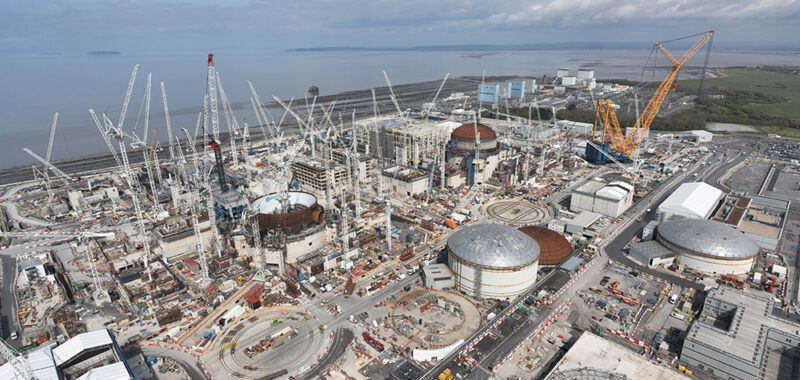An amendment to the Planning & Infrastructure Bill has been tabled by government to remove all statutory consultees from the nationally significant infrastructure projects pre-application process.
If passed, the amendment scraps the statutory consultation requirements that are unique to major infrastructure projects – as part of the development consent order process through the Planning Inspectorate.
Instead, major infrastructure projects will be subject to similar planning procedures as major housing schemes, with new statutory guidance for local engagement to be produced.
According to government, this would halve the average statutory pre-consultation period, cutting it from two years to one, although some schemes get bogged down for much longer.
Examples of delays under the current system that the government cites are:
- Fens Reservoir: more than 1,000 days in pre-application due to consultation requirements
- National Grid, Bramford to Twinstead: 717 days in pre-application for 29km of overhead lines and underground cables
- Hinkley Point C: Three years in pre-application consultation
According to the government: “Developers currently spend significant time and money on long, technical documents resulting in communities feeling fatigued and confused, which is a direct result of overly complex planning rules that are leaving working people deprived of the things their areas need to thrive. It also disincentivises developers making improvements to projects for fear of having to reconsult, even if in the community’s best interest.”
Carl Trowell, president of strategic infrastructure at National Grid, said: “Consulting with communities and stakeholders will always be a fundamental part of the way we at National Grid develop and shape our projects. We welcome the government’s proposal, which will ensure that consultation and engagement can be more effective and targeted. This will accelerate the path to delivering critical infrastructure while continuing to ensure the views of local communities are heard.”
Not everyone agrees, however.
The Wildlife Trusts described it as “a huge stride in the wrong direction”.
Matt Browne, head of public affairs at The Wildlife Trusts, said: “The government is proposing changes through the Planning Bill which would be disastrous for the natural world and undermine infrastructure delivery. Removing the opportunity for experts to improve proposals at an early stage could lead to badly designed infrastructure which harms precious natural areas and destroy communities’ much-loved green spaces.
“Having input and expertise early in the process is meant to nip project problems in the bud. Its removal will lead to badly planned, costly projects which run into trouble later on – causing economic damage to match the environmental harms.
“Only a month ago, ministers claimed that the bill would be a ‘win-win for nature and development’. The government promised to protect nature, but this panicked misstep paves the way to a lose-lose-lose scenario, for nature, communities and infrastructure delivery.”

